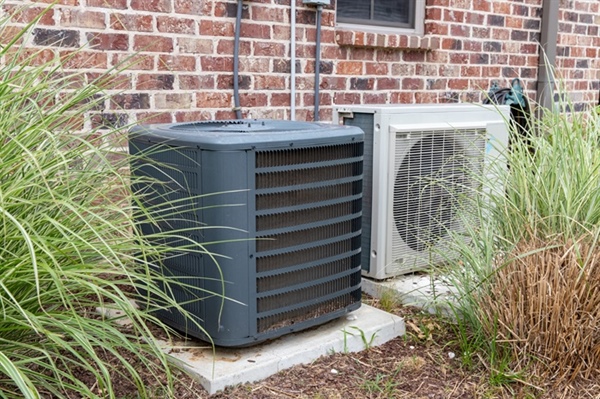How to Choose the Right HVAC System for Homes

Selecting the right HVAC system for a home is a crucial decision that impacts comfort, energy efficiency, and long-term costs.
With multiple options available, homeowners must consider factors such as home size, climate, energy efficiency ratings, and maintenance requirements. An incorrectly sized or poorly chosen system can lead to higher energy bills, inadequate heating or cooling, and frequent breakdowns.
To make an informed decision, homeowners should evaluate key aspects such as HVAC sizing, energy efficiency ratings, system lifespan, climate impact, and maintenance needs.
Understanding these factors ensures a system that provides year-round comfort while remaining cost-effective and durable. Below, we break down these essential considerations to help you choose the best HVAC system for your home.
Factors That Determine HVAC Sizing for Different Homes
HVAC sizing is one of the most critical aspects of system selection. An improperly sized unit can lead to inefficiency, excessive energy consumption, and frequent repairs.
The correct sizing depends on factors such as square footage, insulation levels, ceiling height, number of windows, and local climate. Load calculations, typically done using the Manual J calculation, assess a home's heating and cooling requirements based on these factors.
Undersized HVAC systems struggle to maintain comfortable temperatures, leading to continuous operation and high energy bills. Conversely, oversized units cycle on and off too frequently, reducing efficiency and lifespan. Professional load calculations ensure the correct balance between system capacity and home requirements.
For homeowners looking for reliable heating solutions, choosing an appropriately sized system maximizes performance and energy efficiency.
Energy Ratings Impact Long-Term Savings
Energy efficiency ratings, such as SEER (Seasonal Energy Efficiency Ratio) for air conditioners and AFUE (Annual Fuel Utilization Efficiency) for furnaces, play a significant role in long-term savings. Higher SEER and AFUE ratings indicate greater efficiency, reducing monthly utility bills and environmental impact.
Although high-efficiency HVAC systems have a higher upfront cost, they provide substantial savings over time. Advanced technologies such as variable-speed compressors and smart thermostats further enhance efficiency by adjusting output based on demand.
When evaluating energy-efficient systems, homeowners should consider their climate, usage patterns, and local energy costs.
Investing in an efficient cooling system ensures consistent comfort with lower operational expenses.
Expected Lifespan of Various HVAC Systems
The longevity of an HVAC system depends on factors such as build quality, usage patterns, maintenance, and climate conditions.
On average, air conditioners last 10-15 years, furnaces 15-20 years, and heat pumps 10-15 years. Regular maintenance, such as filter replacements and annual inspections, can extend the system’s lifespan.
While some systems may function beyond their expected lifespan, efficiency decreases over time, leading to increased energy costs and repair needs. Upgrading to newer models with improved technology can offer better performance and savings.
Weather Conditions & HVAC Performance
Extreme temperatures, humidity levels, and seasonal variations significantly impact HVAC performance.
In colder regions, furnaces or heat pumps with high heating efficiency ratings (HSPF) are essential for reliable winter heating. Conversely, homes in hot climates require high SEER-rated air conditioners to handle intense summer temperatures.
Humidity control is another crucial factor, as excess humidity can strain HVAC systems and cause indoor air quality issues. Features like dehumidifiers and variable-speed compressors help regulate humidity levels, enhancing comfort and system efficiency.
How to Choose an HVAC System with a Manageable Maintenance Schedule
Maintenance plays a vital role in HVAC longevity and performance. Some systems, such as ductless mini-splits, require less upkeep than traditional forced-air systems. When choosing a system, homeowners should consider maintenance factors such as filter changes, duct cleaning, and annual servicing.
Smart HVAC technology allows for automated maintenance alerts, making upkeep easier. Investing in a system with accessible filters and self-cleaning features can reduce the burden of regular maintenance while ensuring efficient operation.
For expert guidance on selecting the right HVAC system, contact Modern Plumbing & Heating today. You can also call us at 763-639-1632 to discuss your needs with our experts.